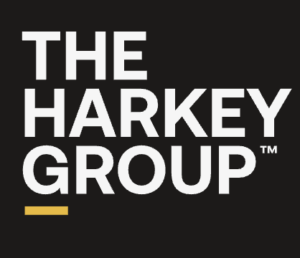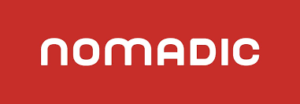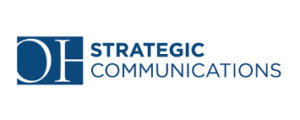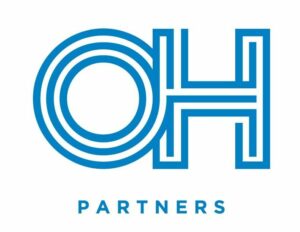Dove’s reversed selfie campaign — Emmanuel Probst // Ipsos
Emmanuel Probst
Ipsos
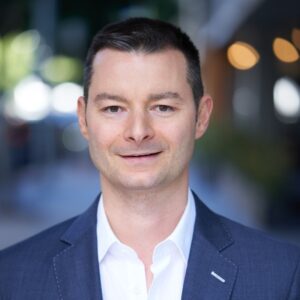
- Part 1Differentiating the Celsius Energy Drink — Emmanuel Probst // Ipsos
- Part 2How Ikea branded downtown living — Emmanuel Probst // Ipsos
- Part 3 Dove’s reversed selfie campaign — Emmanuel Probst // Ipsos
Show Notes
-
02:32Dove, the poster brand for brand purposeThe Unilever brand defined its purpose and demonstrated it with the reverse selfie campaign.
-
03:41Why the reverse selfie campaign was impactfulIt was about showing young girls you are beautiful anyway, and you don't need all the Photoshop. You don't necessarily need all the makeup; you don't need all the lights, the effects, and the filters. Celebrate your beauty the way you are. That's one part of the message, the mission, the purpose. It's also to say don't get fooled by social media.
-
08:20The shift into belief economyBrands can no longer just sell products and must transform people and their world. In other words, as an outcome of using your product and brand, I need to feel like a better person.
-
10:30Brands must constantly evolveBrands are dynamic. Brands are no longer static, meaning brands evolve with culture constantly at a breakneck pace.
Quotes
-
"It's about preventing teenagers, young girls in particular, from getting fooled by social media. And what the reverse selfie project shows in this art is how a girl appears on social media, let's say Instagram, for example, and how the picture has been heavily retouched on how she wears a lot of makeup. They work on the light and all this." - Emmanuel Probst
-
"Brands can no longer just sell products and must transform people and their world. In other words, as an outcome of using your product and brand, I need to feel like a better person." - Emmanuel Probst
-
"Brands are dynamic. Brands are no longer static, meaning brands evolve with culture constantly at a breakneck pace because of the co-creation process brands engage in with their audience." - Emmanuel Probst
- Part 1Differentiating the Celsius Energy Drink — Emmanuel Probst // Ipsos
- Part 2How Ikea branded downtown living — Emmanuel Probst // Ipsos
- Part 3 Dove’s reversed selfie campaign — Emmanuel Probst // Ipsos
Up Next:
-
Part 1Differentiating the Celsius Energy Drink — Emmanuel Probst // Ipsos
Differentiating a consumer product in a crowded category like energy drinks is a make or mar task. Many brands have come into the category but fizzled out almost as quickly as they launched. But Celsius Energy Drink has differentiated itself as one of the top four brands in that category. Do you want to go behind the curtains to see how they did it? Listen to Emmanuel Probst, Global Lead, Brand Thought-Leadership of Ipsos, as he discusses differentiating the Celsius Energy Drink and more brand marketing insights.
Play Podcast -
Part 2How Ikea branded downtown living — Emmanuel Probst // Ipsos
In today's marketing climate, people expect brands to demonstrate their purpose. As a marketing leader and brand strategist, you no longer dictate to your audience how they should feel about your brand and are no longer in control of a narrative. IKEA realized this and used it to build its brand. How? Listen to Emmanuel Probst, Global Lead, Brand Thought-Leadership of Ipsos, as he discusses how Ikea branded downtown living.
Play Podcast -
Part 3Dove’s reversed selfie campaign — Emmanuel Probst // Ipsos
We are in a belief economy, and brands are evolving with culture constantly at a breakneck pace. Brands like Dove that recognize this are running purposeful campaigns like the reverse selfie campaign, while those that don't get it, like American Apparel, fizzle out. How do you align your brand to leverage the belief economy as Dove did? Listen to Emmanuel Probst, Global Lead, Brand Thought-Leadership of Ipsos, as he discusses Dove's reverse selfie campaign.


